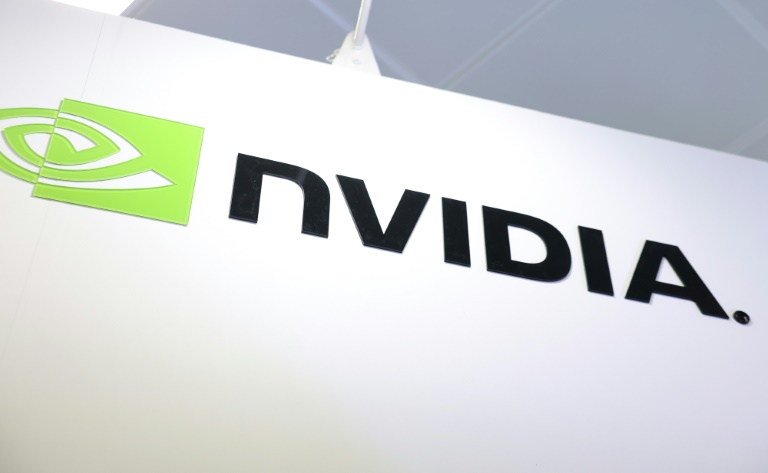Asian markets slipped Tuesday following a tepid day on Wall Street as traders took a breather from a recent rally fuelled by bets on a US interest rate cut, while oil eased from a surge caused by Middle East tensions.
A string of supportive data in recent weeks and comments from top Federal Reserve officials have helped push equities higher in August after starting the month in turmoil on fears of a US recession.
Fed boss Jerome Powell confirmed in a much-anticipated speech Friday that the time had come to begin lowering borrowing costs from their two-decade highs as inflation slows to the bank’s two percent target and the labour market softens.
Talk is now centred on how much the Fed will cut next month, and how far it will go afterwards.
Powell was followed Monday by the head of the San Francisco Fed, Mary Daly, saying it was “hard to imagine” not cutting next month while Richmond chief Thomas Barkin indicated he supported “dialling down”.
Still, that was not enough to help traders build on their gains, with eyes now on the release of several data points while geopolitical concerns act as a drag on sentiment.
“Right now, market participants are likely to focus on the state of the US economy in line with the Fed’s interest rate cut cycle on whether the Fed is late in the game of enacting its interest rate cuts and the potential impact on risk assets,” said OANDA’s Kelvin Wong.
“Any leading economic data and labour market conditions… that indicate a deterioration in growth and employment may trigger another similar risk-off episode.
“If such a scenario occurs, the Fed may be forced to embark on larger interest rate cuts.”
Among the key US indicators due this week are the personal consumption expenditure (PCE) index — the Fed’s preferred gauge of inflation — gross domestic product, personal income, spending, and consumer sentiment.
The crucial non-farm payrolls report — a big miss that helped cause a market rout at the start of the month — is up next week.
Meanwhile, chip titan Nvidia is due to release its latest earnings, which will be pored over for an idea about demand for artificial intelligence after a surge this year in firms linked to the technology.
On Wall Street, the Dow edged up but the S&P 500 and Nasdaq ended in the red.
And Asia fared little better, with Tokyo, Hong Kong, Shanghai, Seoul Singapore, Sydney, Wellington and Taipei all slipping.
Crude prices eased slightly but held most of Monday’s gains of at least three percent that came on concerns the Middle East crisis could spiral.
Sunday’s exchange of fire between Lebanon’s Hezbollah and Israel has ramped up fears that Iran could get involved, sparking a wider regional conflict.
Traders were also jolted by news that the eastern-based administration in oil-rich Libya will close fields under its control and suspend production and exports “until further notice”.
“A mix of geopolitical tensions, volatile oil prices, and mixed economic data has created a complex and uncertain backdrop for global financial markets,” said Luca Santos of ACY Securities.
“While the initial response has been one of caution, the evolving nature of these risks means that market conditions could change quickly.”
Tokyo – Nikkei 225: DOWN 0.1 percent at 38,055.62 (break)
Hong Kong – Hang Seng Index: DOWN 0.5 percent at 17,706.71
Shanghai – Composite: DOWN 0.3 percent at 2,848.45
Dollar/yen: UP at 144.71 yen from 144.53 yen on Friday
Euro/dollar: UP at $1.1169 from $1.1166
Pound/dollar: UP at $1.3192 from $1.3184
Euro/pound: UP at 84.66 pence from 84.64 pence
West Texas Intermediate: DOWN 0.5 percent at $77.07 per barrel
Brent North Sea Crude: DOWN 0.4 percent at $81.14 per barrel
New York – Dow: UP 0.2 percent at 41,240.52 (close)
London – FTSE 100: Closed for a holiday





